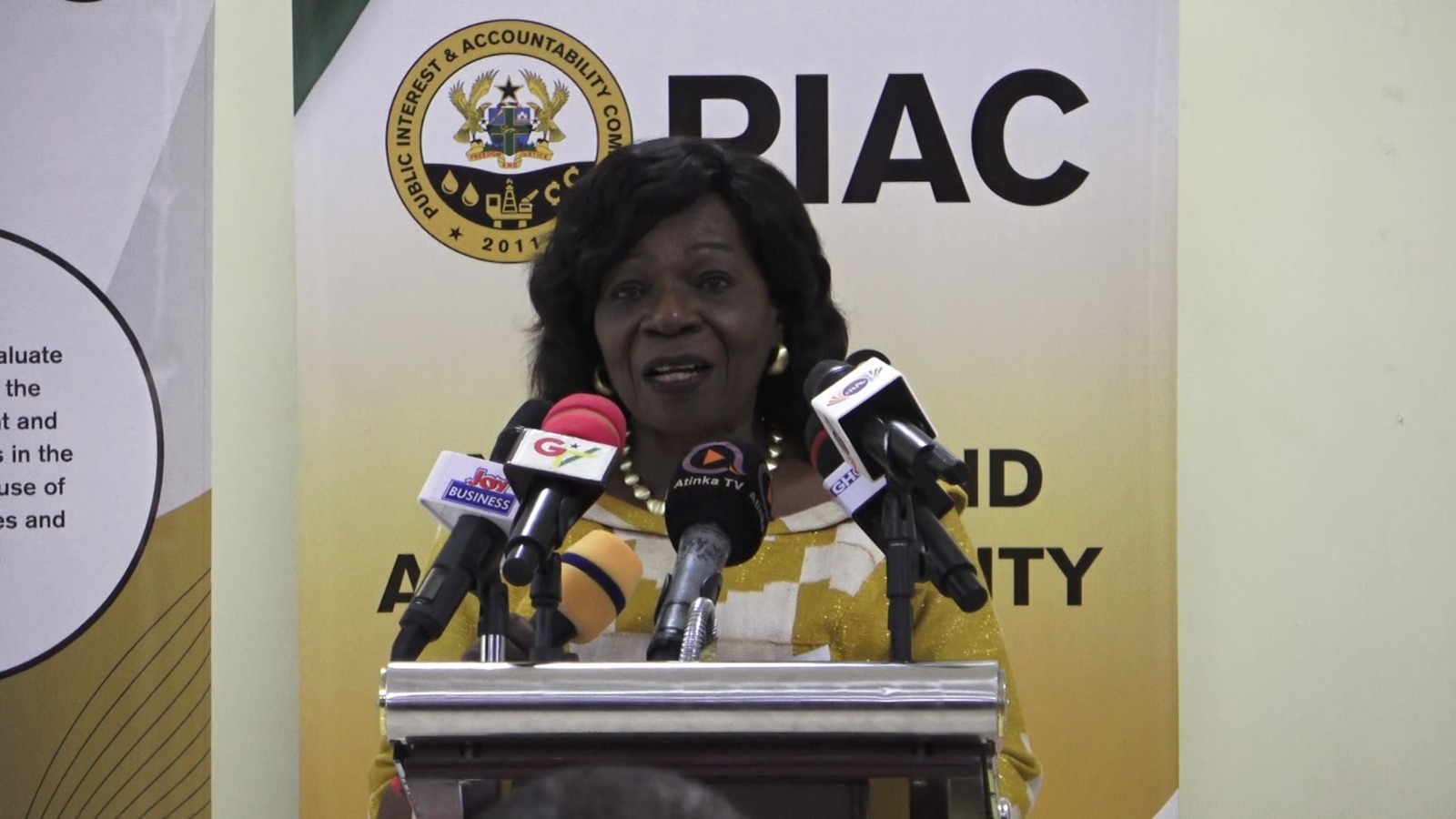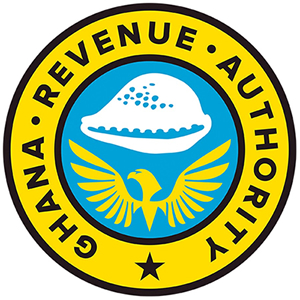
By Joseph ZIEM
The Public Interest and Accountability Committee (PIAC) has urged Ghanaians to take a more active interest in how the country’s oil revenues are utilised, warning that without sustained citizen oversight, Ghana risks repeating the mistakes made in its mining sector.
Citizens, civil society organisations and traditional authorities, PIAC noted, have a critical role to play in ensuring petroleum funds are used transparently and equitably.
This call was made during a well-attended public forum held in Yendi in the Northern Region as part of PIAC’s nationwide public engagement mandate, aimed at promoting transparency and accountability in the management of Ghana’s petroleum revenues.
Citing findings from PIAC’s 2024 Annual Report, civil society representative on the committee, Mr. Richard Ellimah, stated that Ghana earned US$1.357billion from oil in 2024 alone—bringing total receipts since 2011 to US$11.2billion. Of this amount, the Ghana National Petroleum Corporation (GNPC) received US$3billion, the Annual Budget Funding Amount (ABFA) accounted for US$4.4billion, while the Stabilisation and Heritage Funds received US$2.59billion and US$1.1billion respectively.
Mr. Ellimah emphasised that as Ghana navigates economic uncertainty and renegotiates terms with the International Monetary Fund (IMF), the role of petroleum revenues in budgetary support, debt servicing and future investments has become even more critical.
He also revealed that 10 percent of all gas produced in 2024 was flared, raising serious environmental concerns and pointing to inefficiencies in gas utilisation. Meanwhile, over US$1billion currently sits in the Heritage Fund, which is reserved for future generations.
PIAC, he said, would continue to advocate for greater public participation in natural resource governance, especially at the local level. “Every Ghanaian has a stake in how our oil money is used—and the time to care is not tomorrow, but now,” Mr. Ellimah stressed.
“After over a century of mining gold, our mining communities still struggle with poor roads and weak infrastructure,” he remarked. “When oil was discovered in 2007, there was a national push to do things differently. That’s why the Petroleum Revenue Management Act (PRMA) was passed in 2011—to ensure transparency, proper oversight and that oil revenue benefits all Ghanaians, not just a few.”
He explained that PIAC, established under Section 51 of the PRMA, is a unique citizen-led oversight body with no government representation. Its mandate includes monitoring compliance, engaging the public and conducting independent assessments of petroleum-funded projects.
Despite industrialisation being declared a national priority, Mr. Ellimah noted that no petroleum funds were allocated to that sector in 2024.
Yendi’s perspective
The Municipal Chief Executive (MCE) of Yendi, Mr. Muniru Sugri, expressed appreciation for the government’s investment in the municipality through petroleum funds, citing progress in education, health, sanitation and infrastructure.
However, he acknowledged that “there is still a long way to go to meet the full development aspirations of our people.”
Mr. Sugri called on residents to collaborate with the government to ensure that petroleum revenues are allocated in ways that truly respond to the needs of the people of Yendi and Ghana at large.
He also stressed the importance of project quality and value for money. “Projects must be implemented to the highest standards, while citizens must monitor them to ensure we get what we pay for,” he added.
He further affirmed the assembly’s readiness to work closely with civil society, traditional leaders and PIAC to ensure that oil-funded projects are not only executed but also maintained sustainably.
Policy, oversight and the people
Currently, the allocation of petroleum revenues is guided by ministerial discretion, in the absence of a long-term national development plan. For the 2023–2025 cycle, government has prioritised spending in four thematic areas: agriculture; education and health infrastructure; roads and rail; and industrialisation.
“Fora like this are not ceremonial—they are crucial,” Mr. Ellimah concluded. “Let us use this platform to share ideas and contribute meaningfully to building a transparent and accountable system for resource management.”
The post PIAC urges public to demand accountability in oil revenue use appeared first on The Business & Financial Times.
Read Full Story



















Facebook
Twitter
Pinterest
Instagram
Google+
YouTube
LinkedIn
RSS